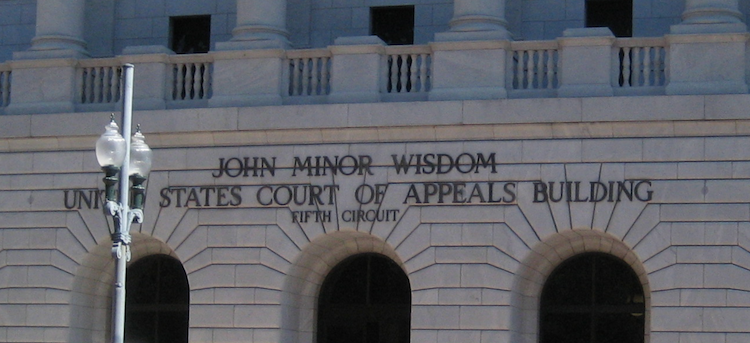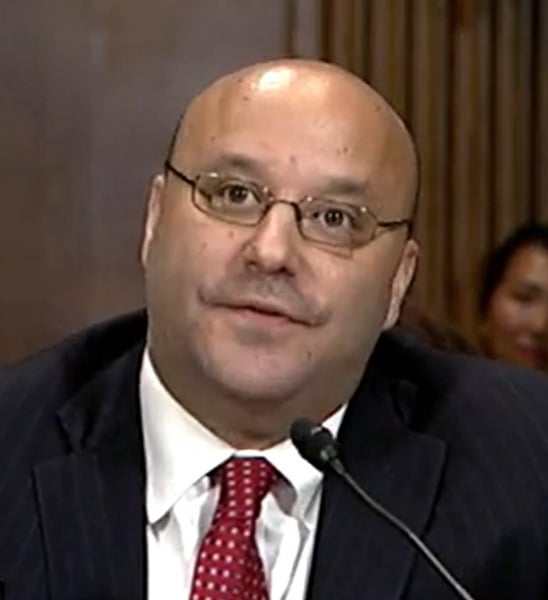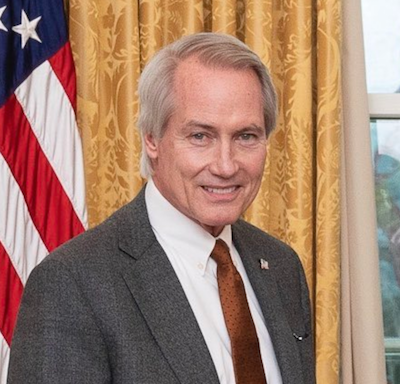7 judges on 5th Circuit question ‘perpetual funding’ of government programs; is Social Security at risk?
Constitutional Law
7 judges on 5th Circuit question ‘perpetual funding’ of government programs; is Social Security at risk?
February 13, 2023, 3:23 pm CST
Seven judges on the 5th U.S. Circuit Court of Appeals at New Orleans have embraced the view that “perpetual funding” of government agencies or programs violates the Constitution’s appropriations clause.
The judges backed that view in cases involving the Consumer Financial Protection Bureau, Slate reports. But the theory would also give courts the power to invalidate trillions of dollars in mandatory spending that has no end date. If Congress wanted the programs to continue, it would have to reappropriate the money, according to the theory.
“This radical and antidemocratic reading of the Constitution would threaten Medicare, Medicaid, Social Security, the Affordable Care Act, unemployment benefits, child nutrition assistance and so much more,” Slate reports.
Judge Edith Jones explained the view in a May 2022 concurrence asserting that the funding mechanism for the CFPB is unconstitutional. The consumer agency is funded by the Federal Reserve, an arrangement intended to insulate the agency from politics. Jones’ concurrence in CFPB v. All American Check Cashing was joined by four other 5th Circuit judges.
Jones cited the appropriations clause, which states that: “No money shall be drawn from the Treasury but in consequence of appropriations made by law.”
According to Jones, there is no option for Congress to approve expenditures without requiring legislative appropriations.
“The appropriations clause embodies a fundamental separation of powers principle—subjugating the executive branch to the legislature’s power of the purse,” she wrote.
One of the judges who joined Jones’ opinion was on a panel that held in October 2022 that the CFPB funding structure is unconstitutional. That case is Community Financial Services Association of America v. Consumer Financial Protection Bureau.
The author of the panel opinion, Judge Cory T. Wilson, noted Jones’ concurring opinion.
“We reach the same conclusion,” Wilson wrote.
He cited Jones, who wrote that: “Congress may no more lawfully chip away at its own obligation to regularly appropriate money than it may abdicate that obligation entirely.”
The Department of Justice is appealing Wilson’s ruling.
Hat tip to How Appealing.






